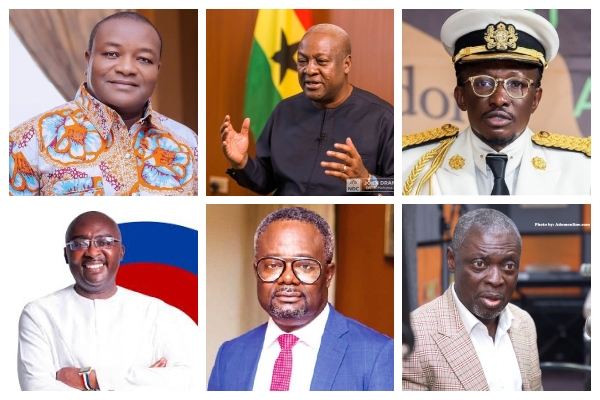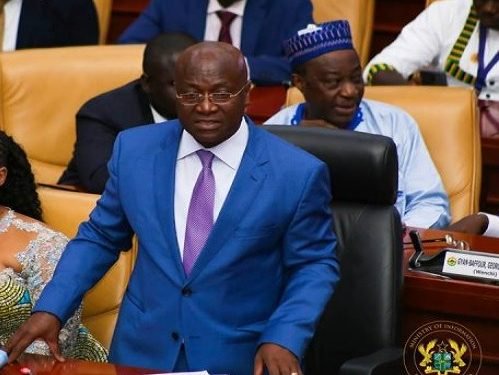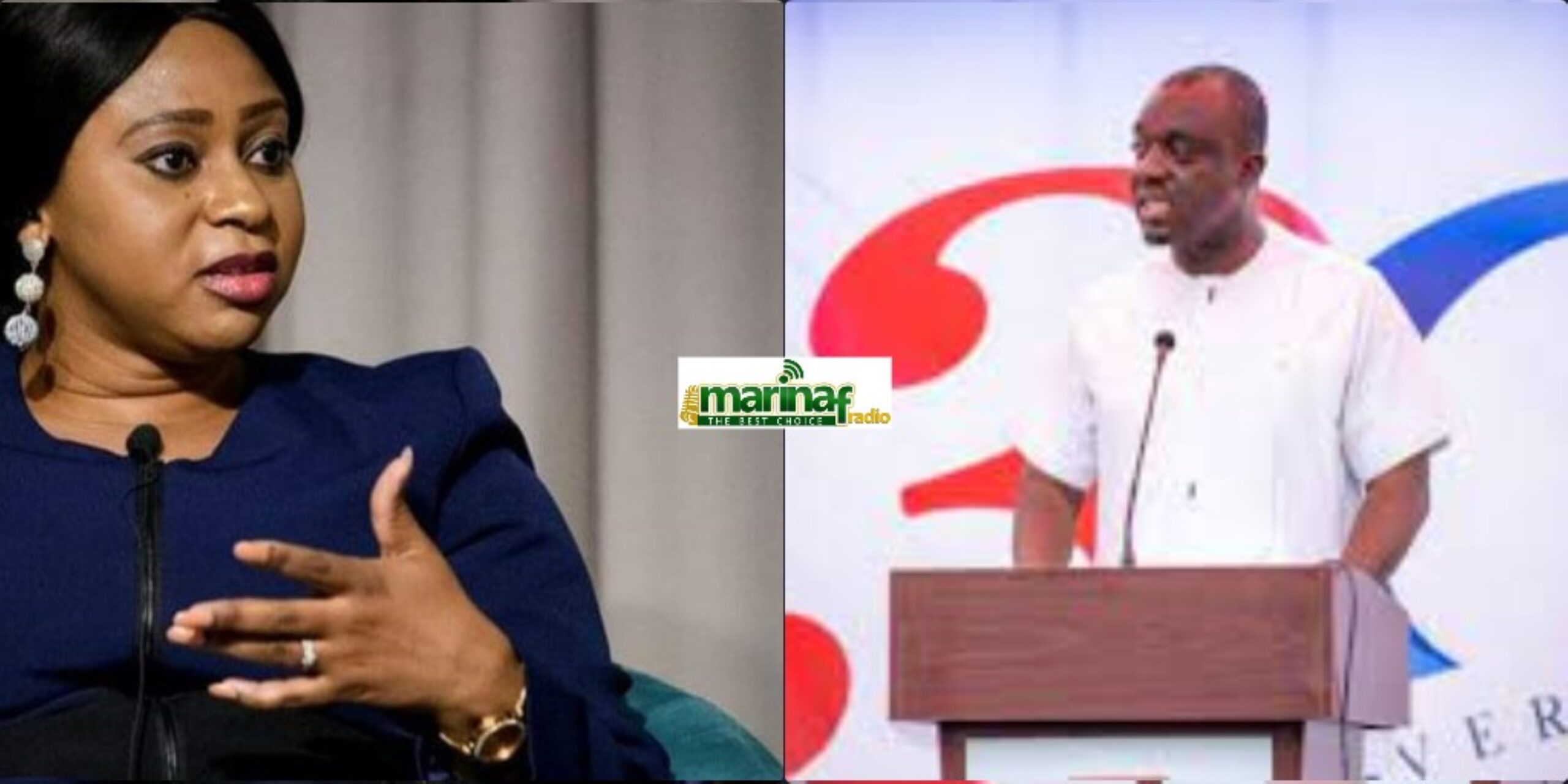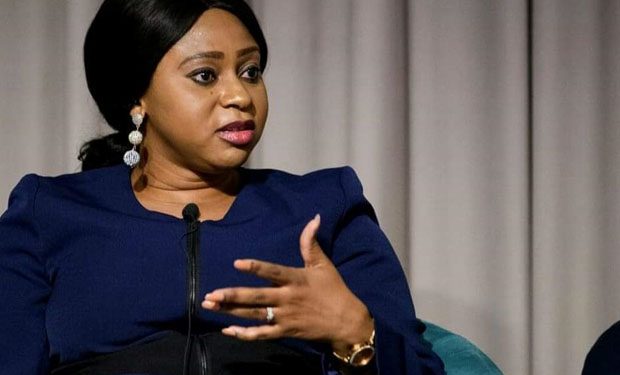
In a dramatic turn of events, Ghana’s Electoral Commission (EC) has disqualified 11 presidential aspirants from contesting in the upcoming December 7, 2024, general election. The decision, announced on September 17, 2024, has sent shockwaves through the country’s political landscape, with supporters and candidates alike grappling with the ramifications of the ruling.
According to sources, The EC cited several reasons for the disqualifications, stating that the candidates failed to meet essential legal requirements as outlined in the commission’s electoral guidelines. According to the EC chairperson, the disqualifications were based on non-compliance with the rules governing the nomination process. The primary reasons for disqualification included incomplete or inaccurate nomination forms, failure to secure the required number of supporting signatures from constituents, and breaches of campaign finance regulations.
“These disqualifications were made in strict adherence to the law and are not politically motivated,” the EC chairperson emphasized. “We urge any candidate who feels aggrieved by this decision to seek redress through the courts. Our role is to ensure that all candidates comply with the electoral rules, and that the electoral process remains free, fair, and transparent.”
While the Electoral Commission has stood by its decision, the disqualifications have caused widespread speculation and anxiety, particularly since the EC has not yet released the official list of disqualified candidates. This lack of transparency has fueled rumors about which candidates have been excluded, with concerns that prominent political figures may be among those disqualified. Notably, there has been growing speculation about the fate of former President John Dramani Mahama, a candidate widely expected to run for office once again.
The National Democratic Congress (NDC), the main opposition party, has expressed strong disapproval of the EC’s decision. In a statement released shortly after the announcement, the NDC accused the commission of bias and claimed the disqualifications were politically motivated. “This is a deliberate attempt to disenfranchise certain candidates and manipulate the outcome of the election,” an NDC spokesperson said. “The Electoral Commission must act impartially and transparently. We will not accept any actions that undermine our democratic process.”
Despite these accusations, the Electoral Commission has reiterated its commitment to conducting free and fair elections. The EC reassured the public that the disqualifications, while unfortunate, will not disrupt the election timeline or compromise the integrity of the electoral process. “The election will proceed as planned, and we will ensure that all valid candidates have the opportunity to contest. The disqualifications are in line with the law, and we will uphold the highest standards of transparency throughout this process,” the EC chairperson affirmed.
While the ruling New Patriotic Party (NPP) has remained relatively quiet on the issue, urging all parties to respect the EC’s decision, the disqualifications have raised critical questions about the political landscape ahead of the December election. With 11 candidates now barred from the race, the competitive dynamic of the election has shifted. How will this impact voter turnout and support for remaining candidates? Will the disqualified aspirants challenge the decision in court or accept their fate?
The absence of an official list of disqualified candidates has only heightened the tension. Political analysts are watching closely to see how these developments unfold, especially if high-profile figures are among those disqualified. For now, the country waits for further clarification from the EC, with just a few months remaining before voters head to the polls.
The December 7 election will be a critical moment for Ghana, a country known for its stable democracy in West Africa. How the disqualifications play out could set the tone for the electoral process and its outcomes. With the EC calling for calm and adherence to the law, all eyes are on the commission to ensure that the upcoming election remains transparent and legitimate, despite the controversy surrounding this recent decision.
Source: m.dailyadvent.com




